Bonnie Tyler and That Distinctive, Husky Voice
by Best Classic Bands Staff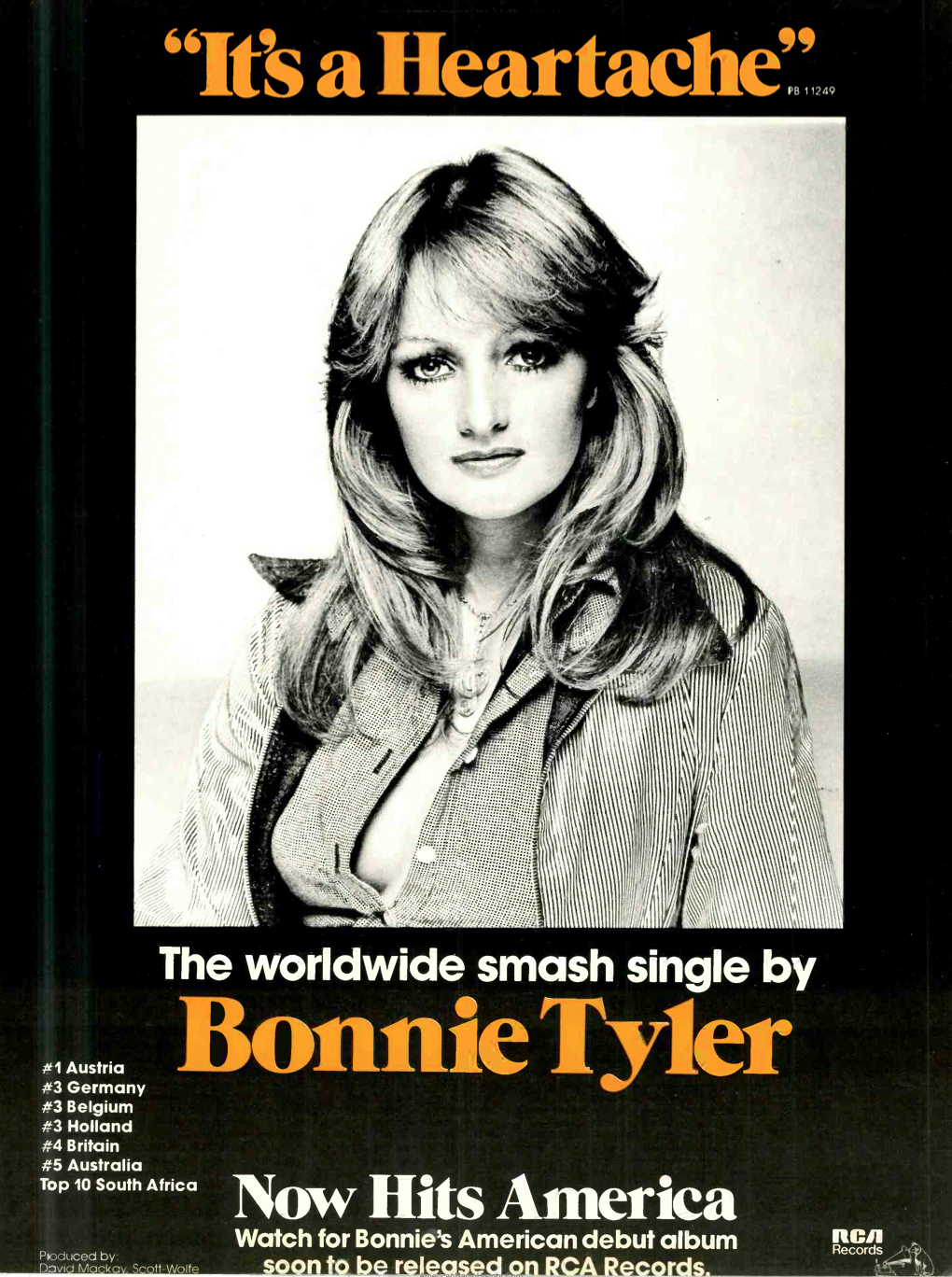
This ad for Bonnie Tyler’s worldwide breakthrough, “It’s a Heartache,” appeared in the April 1, 1978, issue of Record World
If Bonnie Tyler hadn’t disobeyed her doctor, music fans may have been deprived of one of rock’s distinctive voices. The Welsh singer has achieved chart success all over the world, recognized for her husky voice and a series of hit singles including “Total Eclipse of the Heart,” “It’s a Heartache” and “Holding Out for a Hero.”
Tyler, born Gaynor Hopkins on June 8, 1951, was brought up in Skewen, a small U.K. village near Swansea. As a teenager, she was influenced by the biggest female voices of the ’60s, especially Tina Turner and Janis Joplin. After spending several years performing in local pubs and clubs around South Wales, first with Bobbie Wayne and the Dixies and later with her own band, Imagination. It was at that time that she changed her professional name to Sherene Davis to avoid confusion with fellow Welsh singer Mary Hopkin (who had the U.K.’s biggest single in 1968 with “Those Were the Days” and had followed it up a year later with “Goodbye”).
She was discovered by talent scout Roger Bell in 1974 in a nightclub. (“He’d come down from London to listen to the boy upstairs,” she told an interviewer for Loudersound in 2023. “Lucky for me, he came in on the wrong floor and heard me.”) The singer ultimately landed a deal with RCA Records and soon settled on a new name. Though her debut single, “My! My! Honeycomb,” didn’t chart, 25-year-old Bonnie Tyler soon scored a breakthrough hit, “Lost in France,” written by her managers Ronnie Scott and Steve Wolfe.
Shortly after its release, Tyler had an operation to remove nodes from her vocal cords. “I’m a bit of a chatterbox,” she wrote in 2009. She ignored her doctor’s orders of post-surgery vocal rest, which led to what is described as a permanent distinct raspy quality. “I tried not speaking, but when you can’t speak, you can’t go out. One day I just screamed out of frustration, then went back to the specialist and he said I had done damage to my voice and it would take six months for me to recover.”
When she was once again able to sing, she returned to the studio with her band. “They said, ‘Whoa, your voice sounds great!'”
In 1977, Tyler recorded another song written by Scott and Wolfe, “It’s a Heartache.” It was released as a single in the U.K. on Nov. 4 and became a worldwide smash, topping the chart in several countries. It was issued in America in March 1978, reaching #3 on June 17, 1978, giving the singer her first U.S. hit. “Maybe my husky voice was what that song, and my career, needed,” she said.
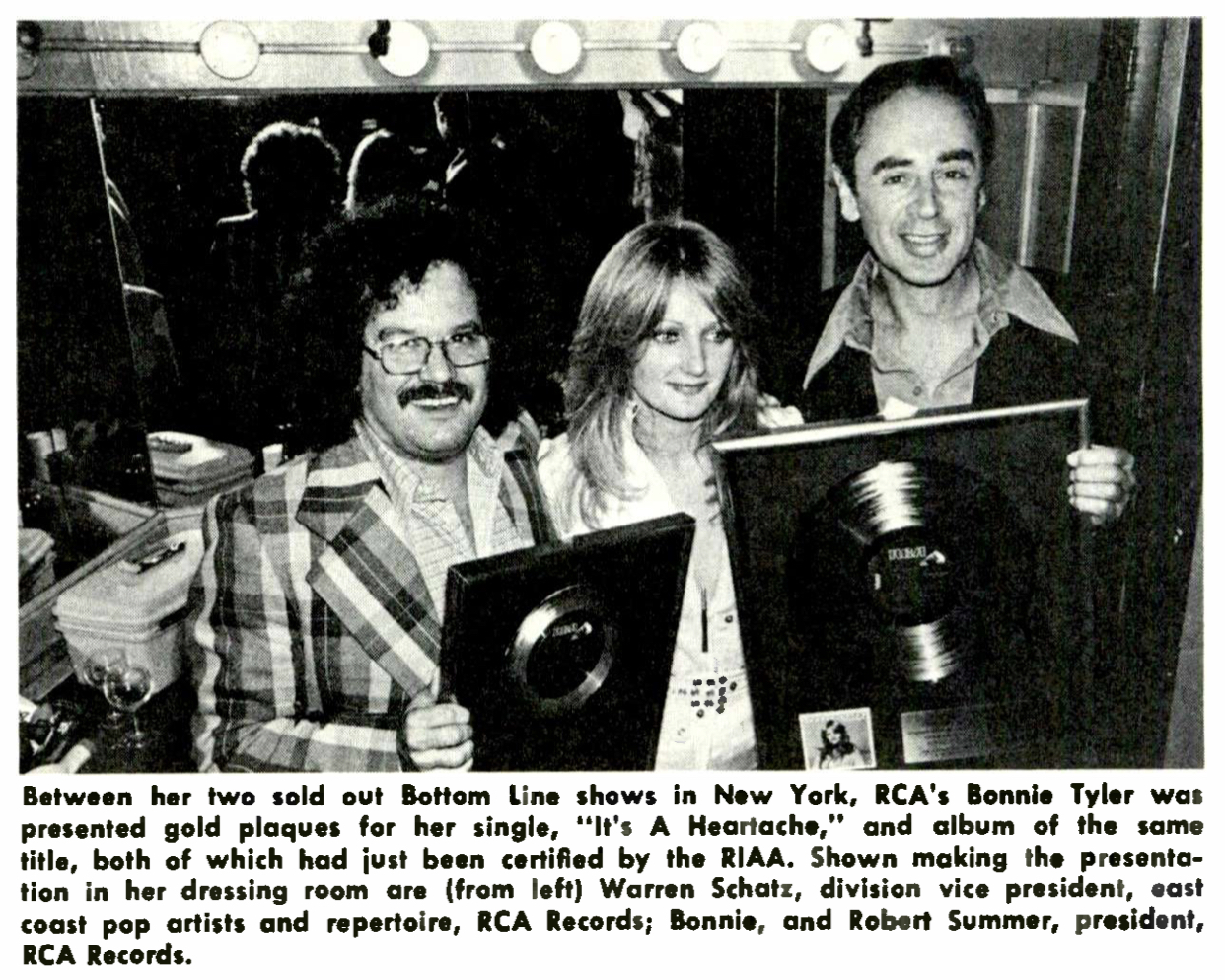
This post-concert photo with the RCA Records brass appeared in the Aug. 5, 1978 issue of Record World
At the time, RCA made references to three of rock’s biggest stars in a music industry trade ad. “She’s been called the next Rod Stewart, compared to Janis Joplin and paralleled to Stevie Nicks,” it read. “She’s a crooner, a cryer, a woman possessed with a vocal quality that is undoubtedly leading her to the top.”
It would be several years before Tyler returned to the top of the charts, but she did so with gusto. When her RCA deal was not renewed, she hired a new manager and moved to CBS Records in the early ’80s where she was paired with Jim Steinman. “I remember travelling to New York in 1982, with my [new] manager, David Aspden, to meet Jim, who had written new songs for me,” she recalls. “The meeting took place in Jim’s lawyer’s office on Riverside Drive. David and I listened as ‘Total Eclipse of the Heart’ was performed live for us with Jim directing, Rory Dodd singing his beautiful vocals and Roy Bittan on piano. It was sensational – I couldn’t wait to start recording!”
Their first collaboration, 1983’s Faster Than the Speed of Night, included “Total Eclipse of the Heart,” similar in style to Steinman’s best-selling operatic collaboration with Meat Loaf, Bat Out of Hell, from several years earlier. The nearly seven-minute track was performed by the producer’s handpicked top-shelf musicians, including Rick Derringer, Larry Fast and the E Street Band’s Max Weinberg and Bittan. Dodd, who had demoed the track for Tyler with Steinman on piano, was the song’s featured vocalist (“Turn around…”). Upon hearing the demo, Tyler told Loudersound, “Talk about a song making you cry. It just hit me. I was looking at these lyrics, and the tears were falling.”
A single, edited to a more compact 4:30, was released in the U.K. that February and on June 12 in the U.S. On Oct. 1, 1983, it reached #1 on the Hot 100, where it remained for four weeks. [Another Steinman-penned track held the U.S.’s #2 spot at the same time, Air Supply’s recording of “Making Love Out of Nothing at All.”]
A year later came another big collaboration with Steinman. “Holding Out For a Hero,” often referred to by its lyric, “I Need a Hero,” and written by Steinman with Dean Pitchford, was recorded for the smash 1984 movie musical, Footloose. Though the track reached #2 in the U.K., it peaked at just #34 in the U.S., one of six hits from the soundtrack (that topped the album chart for two months).
Related: Tyler paid tribute to Steinman upon his death in 2021
Tyler has continued to release many more studio albums and compilations, and has been a much in-demand collaborator with other artists. In 2022, she was appointed a Member of the Order of the British Empire (MBE) in Queen Elizabeth II’s final birthday honors. She still tours. When she does, tickets are available here.
Watch Tyler perform on Top Of the Pops in 1984
Tyler’s recordings are available in the U.S. here and in the U.K. here.
- Billy Joel Ends Residency With 150th MSG Concert - 07/26/2024
- Radio Hits in July 1966: A ‘Wild’ Survey - 07/25/2024
- Eric Clapton Pays Emotional Tribute to John Mayall, ‘My Mentor’ - 07/24/2024

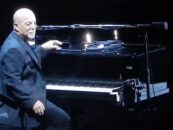
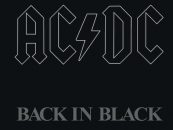

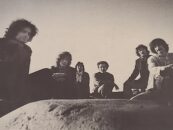

No Comments so far
Jump into a conversationNo Comments Yet!
You can be the one to start a conversation.